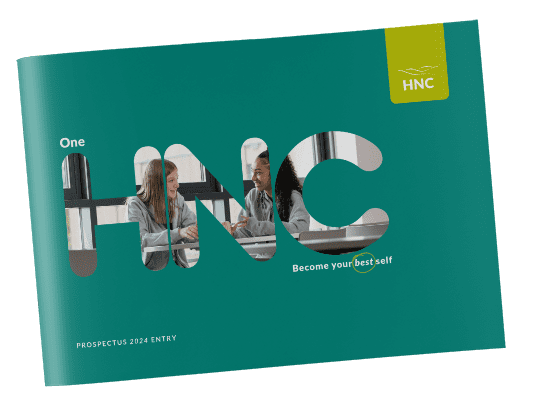HNC PHYSICS TEACHER WINS AWARD FROM ASTRONOMICAL SOCIETY FOR CUTTING EDGE SCIENTIFIC RESEARCH
16.01.2024HNC is delighted to reveal that one of our A Level Physics teachers, Chris Smith, has won a national award from the Royal Astronomical Society for his ground-breaking research project in geophysics.
Chris’ research project looks at the complex physics of magnetosphere-ionosphere coupling at Jupiter and Saturn, which has proven crucial for understanding observations of changes in Saturn’s apparent rotation rate. He developed a leading theory that distortions in auroral currents at Saturn could originate from an asymmetric source of heating within the planet’s thermosphere, going on to develop novel numerical models to test his hypothesis, and recent observations have supported these predications as accurate. Chris shares an insight into what this means in simpler terms below.
Outside of his day to day job as a teacher, Chris has turned his passion for astronomy into a ground-breaking long term personal research project which has now been recognised by the Royal Astronomical Society for its contribution to our understanding of how the planetary system works. Chris’ work has received the Fowler Award from the society, which recognises early achievement in geophysics – this involves the application of physics to study the Earth, oceans, atmosphere and near-Earth space.
Students studying Physics at HNC are not the only young people who benefit from his passion for all things astronomy – Chris shares his insights during our advanced and accessible astronomy sessions, and has also delivered lectures about his research to our XL students.
Chris says: “Before I trained to be a teacher, I did a PhD that involved computer modelling of Saturn’s upper atmosphere. During this time an interesting puzzle arose about Saturn’s magnetic field. There were pulses in the magnetic field measurements that seemed to be caused by the planet rotating, but sometimes they pulsed slightly faster and sometimes slightly lower. This didn’t seem to make sense, because the planet can’t speed up and slow down how fast it rotates. I realised that if the pulses were caused by something in the atmosphere, and that this could explain the observations.”
“I was so intrigued by this possibility that I continued to work on the problem in my spare time. I have investigated my theory that the pulses are caused by something happening in the atmosphere using mathematical models of the atmosphere and magnetic field to try to match the observations and make predictions that could be tested. I was shocked, surprised and delighted when I was told that I had won the award. It is wonderful to get some recognition for work that I have been doing purely out of a passionate desire try to solve an interesting problem!”
Maria Dean, Assistant Principal comments: “We are very proud that Chris is a member of our HNC community. He not only ensures our students achieve their full potential academically, but inspires our wider study body about the fascinating nature of astronomy through his contribution to our enrichment programme, including through our beginners guide to astronomy. Students from across the College have had an amazing opportunity to benefit from his passion for the world beyond Earth, and learn more about how he is contributing to cutting-edge scientific research. We look forward to hearing more about his research findings.”
Considering studying A Level Physics at HNC? Don’t forget that our lesson tasters take place on Tuesday 23 January. Click here to find out more and book now.

New Hey Road, Huddersfield, HD3 4GL






